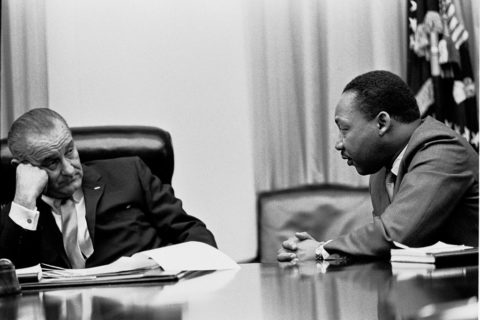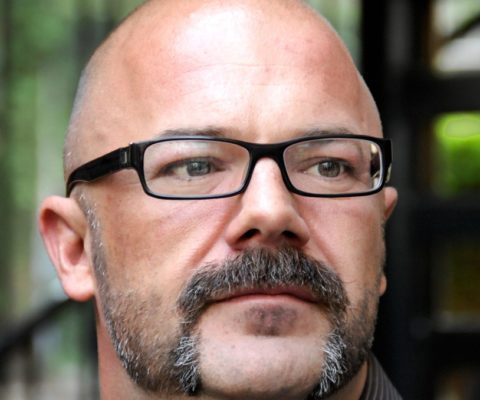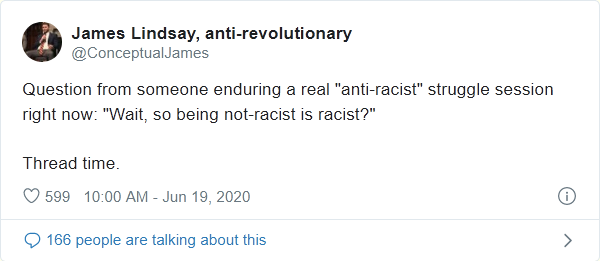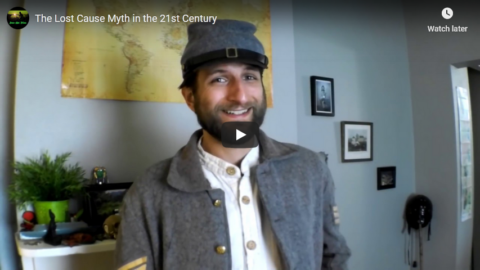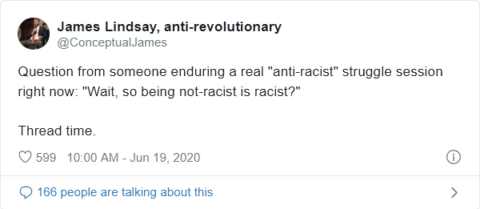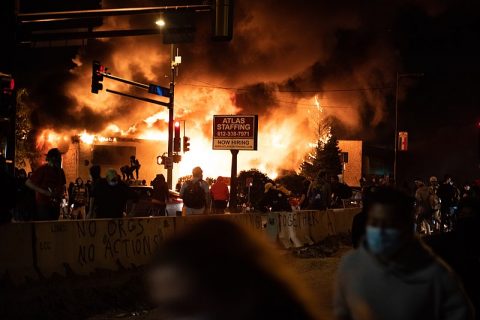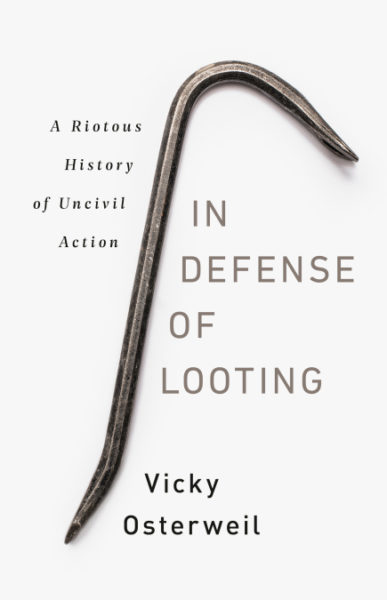… the CRT advocates have brilliantly managed to construct a crude moral binary to pressure liberals into submission. Where liberalism allows neutrality or doubt or indifference, CRT demands an absolute and immediate choice between racism and anti-racism (defined by CRT) — and no one wants to be a racist, do they? Legitimate anguish about racial inequality and the sheer terror of being publicly labeled a bigot have led liberals to surrender their core values to the far left.
The second reason for CRT’s triumph is that it’s super-easy. Social inequalities are extremely complicated things. A huge variety of factors may be in play: class, family structure, education, neighborhood, sex, biology, genetics and culture are some of them. Untangling this empirically in order to figure out what might actually work to improve things is hard work. But when you can simply dismiss all of these factors and cite “structural racism” as the only reason for any racial inequality, and also cover yourself in moral righteousness, you’re home-free. Those who raise objections or complications or cite nuances can be dismissed by the same easy method.
Then there’s the deep relationship between CRT and one of the most powerful human drives: tribalism. What antiracism brilliantly does is adopt all the instincts of racism and sexism — seeing someone and instantly judging them by the color of their skin, or sex — and drape them with a veil of virtue. You don’t have to correct yourself when your tribal psyche makes you more cognizant of someone’s visible racial differences, and pre-judges them. You don’t have to resist this any more. You can give in to your core nature, and feel pride, rather than shame. You get to have all the feels of judging people entirely by their involuntary characteristics, while actually dismantling racism and sexism! What’s not to like?
Social aspiration also plays a part. The etiquette of wokery is increasingly indispensable for high society. They mark you as someone high up in the American social hierarchy. The right words and phrases signal your ease in this elite; the wrong ones — “sexual preference”! — expose you as a rube, a bigot or, worse, a middle class provincial. Rob Henderson argues that this aspiration to be in the upper classes helps explain why Asian-Americans, who are targeted for direct race discrimination under CRT, nonetheless often support it: “While money and education are tickets to the middle class, prizing diversity is a requirement to join the upper class. It’s part of what the sociologist Pierre Bourdieu referred to as cultural capital — tastes, vocabulary, awareness and mannerisms which give social advantages to those higher in the social hierarchy.” Reihan Salam has also written brilliantly about this.
There’s little doubt, either, it seems to me that there is a religious component to wokeness. A generation of nones can feel bereft of transcendence and meaning, and “becoming woke”, like being “born again,” fills that spiritual hole. In an atomized and lonely age, feeling as if you are on “the right side of history”, banishing doubt, joining with countless of your fellow converts in marches and seminars, can abate the isolation and emptiness of it all. Many moderns want the experience of religion without God. With CRT, as in the past with communism, they can have it.
But what also make CRT so successful is ruthlessness. Those who hold a view of the world in which only power, and the struggle for power, matters, have few qualms in exercising it. After all, under CRT, power is always on the side of the white cis-heteropatriarchy, so payback is always fair play. Discriminating against the unwoke or whites or males or the cis-gendered or Asian-American, is not just fair, but vital. Shutting down speech protects the oppressed; bullying on social media and in the workplace becomes a form of virtue; mercy and forgiveness are mere buttresses for white supremacy; HR departments diligently identify dissidents, and discipline them. Once you set up this system of censorship and fear, persecute a few prominent sinners pour décourager les autres, and encourage snitches, dissidents will increasingly self-censor, and dissent peter out, until the new orthodoxy is the only one.
In the past, a new set of ideas could be engaged in a clash of argument and debate. But you’ll notice that the advocates of what Wes Yang has called “the successor ideology” never debate any serious opponents of their position. This is because debate in a liberal society implies equal standing for both sides, and uses reason to determine who’s right or wrong. But there can be no “both sides” within CRT, no equation of “racists” and “antiracists”, and debates are inherently oppressive. Logic, evidence, and reason are, in this worldview, mere products of white supremacy, forms of violence against the oppressed. In CRT, remember, there is no truth or objectivity; there are merely narratives. So, yes, 2 + 2 = 5, and math is inherently a function of whiteness. And what racist is going to deny this?


